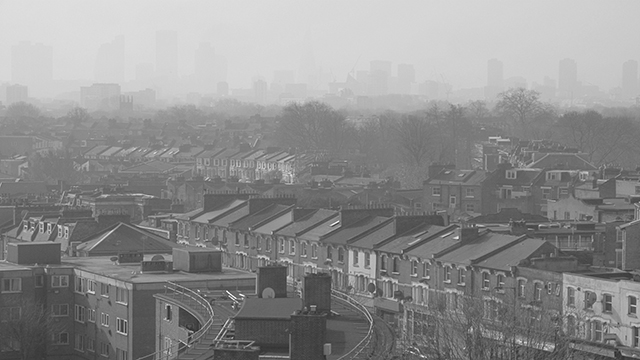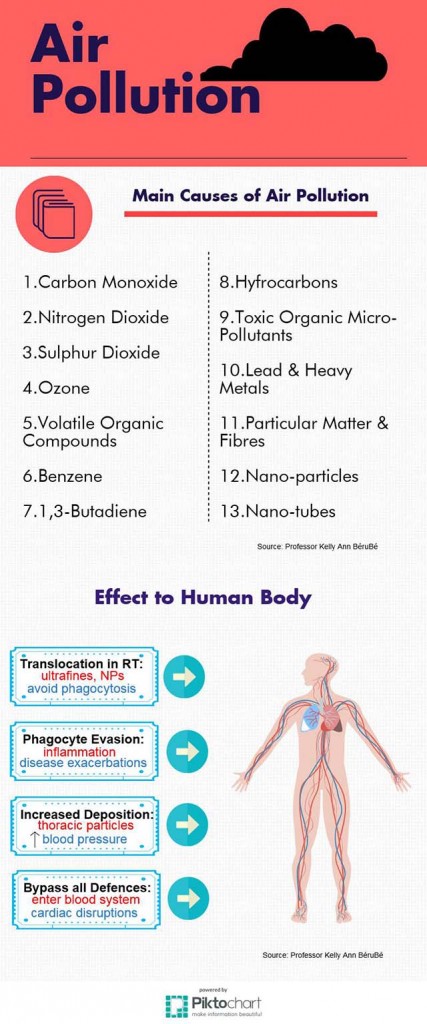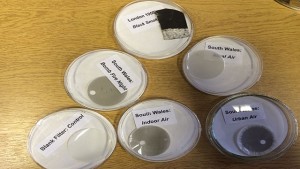Cardiff is going to have its own car-free-day plan for the environment. However, does it really improve the air quality of the capital?

Imagine a day when people could take to the streets, without having to worry about cars or their smoky exhausts. After Cardiff Council voted to back the car-free-day plan last October, this very well could become a reality. However, scientists hold a different opinion about this.
Professor Kelly Ann BéruBé, Cardiff University, said: “The car-free-day plan may work in the short term to help improve the air quality, but I think we are never going to clean up the air because we have a thousands years of coal left. When you burn coal you get all the different types of particles, they are so tiny they cross the air blood barrier get into your blood and once there they just circulate through the body and they can break out and go to different organs. We are not going to get rid of it.”
 The car-free-day plan, which is proposed by councillor Richard Cooker, has already taken place in Delhi, Paris and London; to reduce air pollution which is claimed to cause tens of thousands of deaths in the UK annually. Councillor Cooker said that there will be another meeting this September and the aim of the meeting is to discuss further details about the car-free-day plan.
The car-free-day plan, which is proposed by councillor Richard Cooker, has already taken place in Delhi, Paris and London; to reduce air pollution which is claimed to cause tens of thousands of deaths in the UK annually. Councillor Cooker said that there will be another meeting this September and the aim of the meeting is to discuss further details about the car-free-day plan.
After the UK government launched “Clean Air Zone” plan in six cities (London, Leeds, Birmingham, Southampton, Nottingham, Derby and and a short stretch of road in the South Wales zone outside of Cardiff) last December, car-free-day is another environmental friendly plan that Cardiff will have. Compared with the car-free-day plan, the “Clean Air Zone” aims to introduce charges to polluting vehicles such as old coaches and trucks.
“I’d always prefer actually the physical route – charging people, because I think that is a stronger message. And it is along the principle of polluter pays. If you pollute something, whatever it is, you have to pay for that, that actually encourage people obviously to not to pollute,” councillor Cooker said.
It is a good thing that these two plans can raise people’s awareness of air pollution. However, their effect to the air quality is limited. “Most of the gas we have in the 21st century, we have regulations for them, indoor and outdoor limits. It has a way to be controlled, but like sulphur dioxide, oxides of nitrogen, carbon monoxide, those are the ones that are difficult to control, because they come from combustion sources,” said professor BéruBé.

She also mentioned that indoor air is always worse than outdoor air. The result of the recent study by Professor BéruBé on the indoor air quality in residential homes in Wales has shown that the composition of the indoor PM 10 was controlled by outdoor sources. Furthermore, there is significantly higher concentrations of indoor PM10 that may cause serious health problem when compared to outdoor levels. Therefore, it is really impossible to avoid exposure to PM 10, regardless of one’s environment.
“If we can’t get rid of air pollution then we need to stop that asthma, the lung inflammation and the heart attack. I think we are never going to clean up the air because men are too hungry for technology. So what we have to do is to come up with the, like a medicine. You take Vitamin-C so you don’t get a cold in the winter. Maybe they will come up with an inhaler. If you live in the city you get two pumps in the morning, two pumps at night and you won’t get lung disease or die of a heart attack. I think that is what a lot of companies are looking for now, how to stop inflammation. And I think drug discovery is probably the only way,” said professor BéruBé.
“It is difficult to get funding, the government doesn’t have the money to give away,” so professor BéruBé uses the topic of “air pollution” as an example for inhalation hazard, in that way she can do her lung research. She strongly believes that the government should pay more towards scientific research, if they want to solve the air pollution problem.
